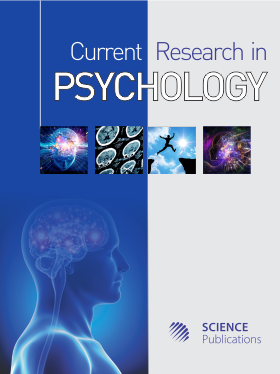The Explanatory Power of Adverse Relationship Experiences in Predicting Neuroticism
- 1 Norfolk State University, United States
Abstract
Positive correlations have been detected consistently between adverse relationship experiences (i.e., traumatic interpersonal events such as intimate partner violence) and a broad range of mental health disorders (e.g., depression). However, associations between adverse relationship experiences and personality have been under examined. Consequently, the purpose of this study was to evaluate the relationship between adverse relationship experiences and one facet of personality, neuroticism. Analyses consisted of Repeat Measures, Mixed Linear Modeling conducted on the National Longitudinal Study of Adolescent Health (N = 3,726). Adverse relationship experiences explained 11% of the variability in neuroticism, whereas changes in self-reported neurotic symptomology over time explained 53% of the total variability in neuroticism. Adverse relationship experiences appeared to account for only a modest portion of self-reported neurotic symptomology and neurotic symptomology itself was relatively unstable.
DOI: https://doi.org/10.3844/crpsp.2012.43.48

- 4,597 Views
- 2,696 Downloads
- 0 Citations
Download
Keywords
- Neuroticism
- Personality
- State or Trait
- Adverse Relationship Experiences
